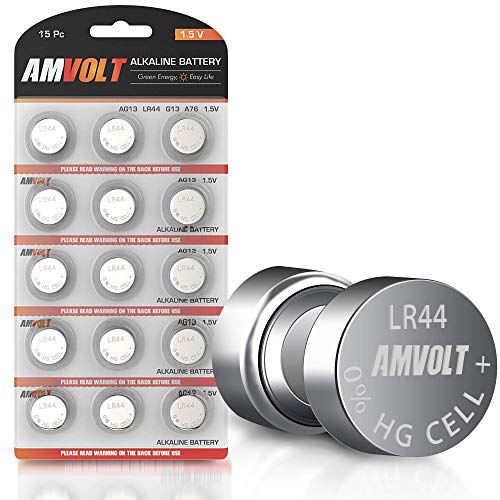My mother works as the president of a medical company. It's new, the product hasn't been FDA approved yet, and so she knows quite a bit about animal testing. More then any of you, at the moment. I asked her to tell me a brief overview about animal testing for my reply here.
Most of you don't seem to understand a lot of things about animal testing. I got this feeling before I asked for more first-hand information about the subject- people just don't know what they're saying when they talk about these things.
My mom accurately guessed that at least one of you would say "well, rats don't matter." If you're really all for animal rights, you shouldn't care about the difference between rats or dogs. The thing is, usually people START with rats, but by no means do they stay there. Usually they move on to rabbits, then they might go to dogs or cats (my mother recently signed a contract with a doctor at a university to do testing with their product on cats) and then they move on to pigs. Pigs are quite similar to humans in their body structure, and can be the same size or larger.
All of the animals used for animal testing are farmed and raised specifically for that purpose. They don't go out and grab your pets or go into the wild and grab strays or anything of the sort. The same is done with food you eat. If you think you're a vegetarian for animal rights purposes, I sure hope that you don't eat animal products or eat jelly candy (made with cow acids, I believe) or own leather anything ethier- People seem to have these delusions that just because they don't eat it, it's better for the animals. Not so.
There is something incredibly important- Dosing. How strong can the drug be without killing the subject? How weak can it be before it is useless? What is the perfect balance where there are the fewest side effects and it still works well? You see, it wouldn't be right to play guess and check with people. It's guess and check before people even know if the drug is more helpful then harmful. The dosing is calculated, however, calculations only get you so far.
Ultimately, drugs are tested on people, too. People who have the disease where the current drugs avalible are not working for them. You start on a small scale and go up. After that, the FDA gets you approved and the drug is on the market. Even then, people are still keeping track of symptoms and watching so that doctors can be well informed if the product is right for a patient (in clinical trials, other then the main disease, the subjects should be healthy. It's hard to only have completley healthy patients other then said disease in the marketing world.)
As for criminals, it's rather unlikely that you will find a person suffering from a disease you need to test on death row. Then, multiple people, then more and more. Why is it okay to test on these people? Is it okay to test on people with mental retardation because they won't care if they die? No, it isn't.
Also, as for human testing, you would have to inject healthy people with the disease. Also, some are guarenteed to die as you need to push the limits of the drug in dosage testing. You CANNOT test on people who are not healthy and going to die anyway- you NEED healthy people. Normal people. And if they're starving kids in Africa you won't miss anyway, also not healthy. You can subject yourself to getting injected with AIDS for a cure that might not work if you want, I'm not going to.
With cosmetics, nail polish, and things that you say "no, it's not okay" to, think twice. A lot more things then you think are tested on animals. How else do we know that toothpaste shouldn't be swallowed?
LASTLY, the FDA has a TON of rules that all labs need to follow to ensure that the suffering of animals is minimal. What? Do you honestly think that there are no rules?







![Synvy [4 Pack] Anti Blue Light Screen Protector, Compatible with BANDAI Tamagotchi m! X (Tamagotchi Mikusu) series TPU Film Protectors [Not Tempered Glass]](https://m.media-amazon.com/images/I/51CglSJkaKL._SL500_.jpg)












